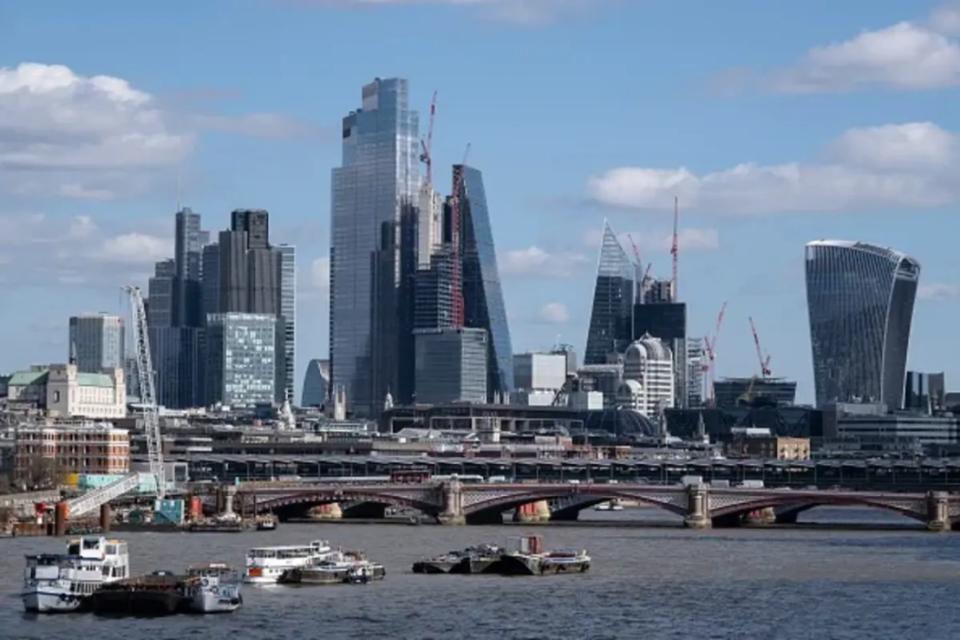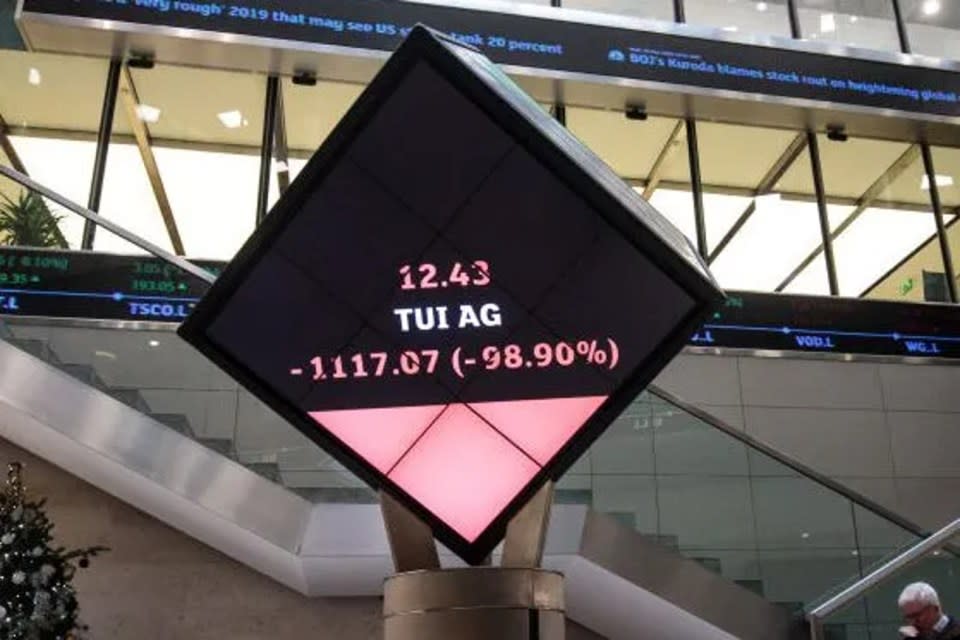What this pension fund’s investments say about the London Stock Exchange

A London pension fund has defended the way it invests its cash after City figures sounded the alarm over the dearth of retirement money flowing onto the London Stock Exchange.
The London Pensions Fund Authority (LPFA), a £7.7bn local government pension fund scheme based in the capital, won plaudits last month when it published a deepdive into the geographic make-up and impact of its investment portfolio.
However, the amount of UK-listed companies backed by the LPFA has revived concerns over the amount of cash that domestic pension funds are channelling into London’s beleaguered stock market.
Around seven per cent of the fund’s equity portfolio is invested in UK companies, including BAE Systems and Experian. Some of its biggest holdings meanwhile are listed in the US and Asia.
While the LPFA is not out of step with its peers, the lack of UK weighting has triggered calls for pension funds to show more of a home bias in how they invest their cash today.
“This is broadly in line with global allocations, but does not show support for the local market or UK companies and brings currency risk,” Charles Hall, head of research at investment bank Peel Hunt, told City A.M.
“The LPFA invests in just 13 public companies in the UK, of which only two are outside the FTSE100. The health of the public market is vital for all those who live in the UK as it makes a material contribution to UK economic growth, tax revenues and savings.”

James Alexander, chief of the UK sustainable investing and finance association, said that it was clear pension funds were seeing “more appealing locations for their capital elsewhere”.
“The most important thing the UK government can do is to remove the barriers that currently make investing into London listed companies difficult,” he told City A.M. “The simple reality is that if the government wants to attract investment from pension funds they should seek to boost the UK’s investment appeal.”
The mix of the LPFA’s portfolio reflects a slump in the amount of pension money flowing into the London Stock Exchange over the past two decades.
Just four per cent of the stock market is now held by pension funds, down from 39 per cent in 2000, according to a report from New Financial. Channelling more of the money into UK companies has been a key objective of policy makers in recent years.
The LPFA defended the mix of its investments, however, and said its “priority is to pay our members their pensions”, and it invests in “countries around the world to help us diversify and meet our financial obligations”.
“As well as the £1bn that we have invested in UK infrastructure and real estate, around seven per cent of our listed equities exposure (which is around 50 per cent of our total portfolio) is in UK companies,” Robert Branagh, LPFA boss, told City A.M.
The LFPA’s report also highlighted the impact of some of its infrastructure investments, including an offshore wind farm which powers more than 1m and 163 schools catering for around 141,000 students.
The report comes amid a heated debate over how much pension funds should be investing in UK assets and companies.
Ahead of his budget, Jeremy Hunt revealed plans to force pension funds to publish the mix of their investments by 2027, in a style similar to that adopted by the LPFA. Underperforming schemes will also be blocked from taking on new members.
Hunt and the Lord Mayor of London also persuaded a group of top money managers to sign the Mansion House Compact last year. The Compact commits them to invest five per cent of their assets in private and smaller listed companies.

 Yahoo Finance
Yahoo Finance 